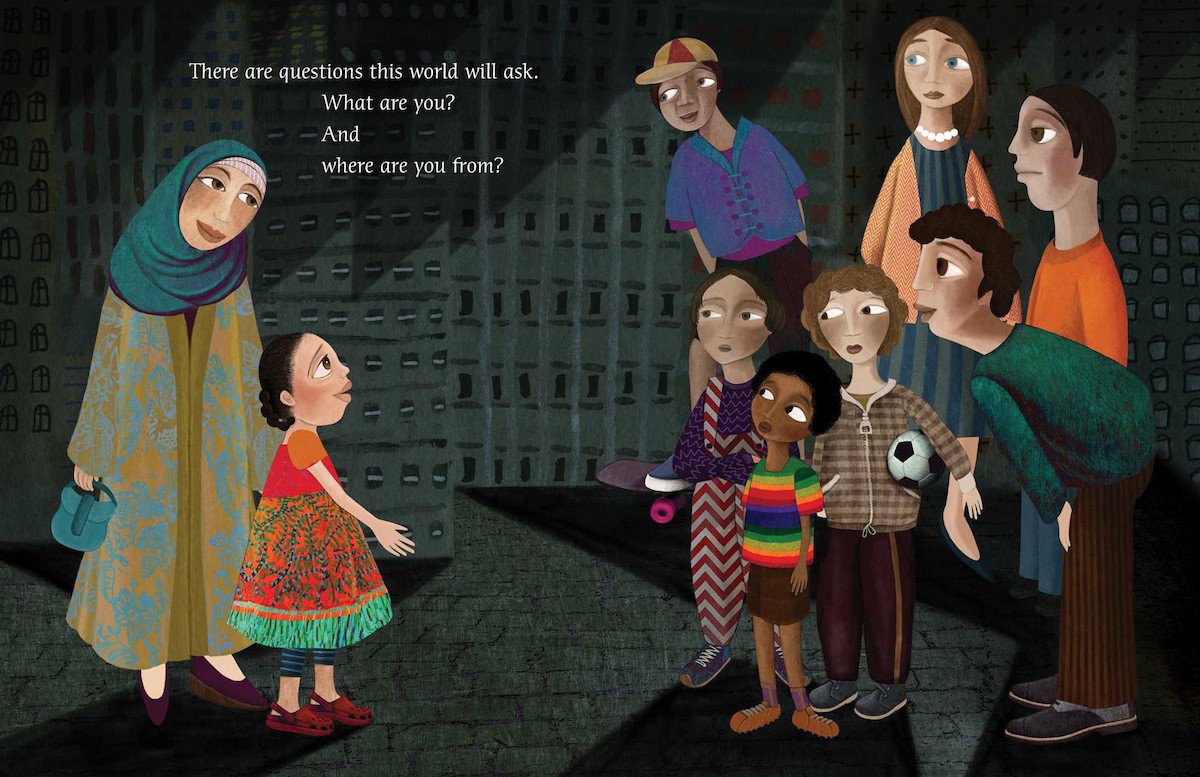NEW YORK – In an age of simmering Islamophobia and xenophobia, Simon and Schuster publishers released a new book that addresses young Muslims growing up in today’s America.
The book, “Yo Soy Muslim: A father’s letter to his daughter” was published by Salaam Reads, an initiative of publisher Simon & Schuster focusing on Muslim-based picture chapter books, Good Education website reported.
“Dear little one,” he writes. “… know you are wondrous, / A child of crescent moons, / a builder of mosques, / a descendant of brilliance, / an ancestor in training…,” Mark Gonzalez, a Mexican-American writer, and poet, wrote in the book dedicated to his daughter Sirat.
Muslim, Latino, Tunisian and American, Gonzalez encompasses multiple heritages.
Though the timing of the book may seem like a reaction to the Trump administration’s anti-Islamic rhetoric, the author insists it is a “reclamation of identity.”
“This was written before. [Trump’s] got more than enough press and publicity and has been given way more attention than he should be given at this moment anyway. I refuse to let him be in the center of my daughter’s narrative,” said Gonzales.

Addressing the young Muslims of America, the book is inspired by 1969 poem “Yo Soy Joaquin” by the Chicano boxer and political activist, Rodolfo Corky Gonzales.
“How does one navigate a world in which you come out of the womb and you have an experience of love… around parents who give you love, but then you’re in a society that often sends you signals that maybe you aren’t loved here, and maybe you aren’t welcome here?” asks Gonzales.
“Yo soy Muslim, Our prayers were here / before any borders were,” reads the poem. Growing up Gonzales says he was around but never saw himself in stories.
“It’s what I call the narrative of invisibility or a narrative of demonization.”
“‘Where are you from?’ is often a passport question, and what’s interesting about that question is that you answer it and somehow the person who’s asking it feels they often have the right to veto your answer,” says Gonzales.
“‘Where is home?’ is a great question, far more imaginative to me than “where are you from?’”
